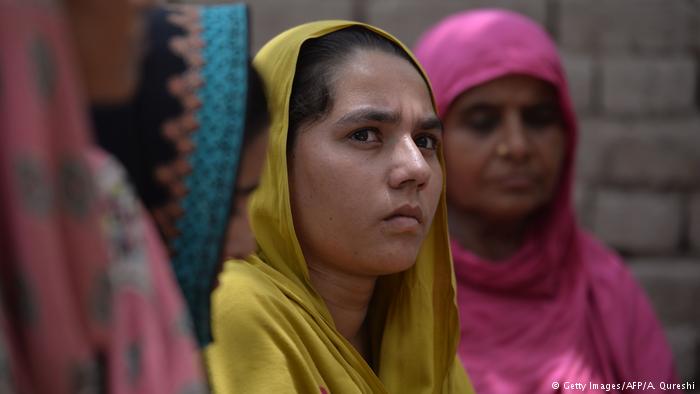The gender line is quite thick Down Under

Women’s March in Sydney, January 21, 2017
When I first moved to Australia, almost three years ago, I had a completely different notion of women’s freedom, rights awareness, status at work and at home, and why not? It was the first time I was living permanently in a first-world country, moreover in the country with the highest human index for years in a row. I had to have expectations of a freer world for women.
Fast forward two years and 10 months, I have an entirely different perspective. Different, because it’s clearer, closer to reality and no longer overrated. Over the years, I have realized that Australia is starkly divided along gender lines, that for many feminism is a bad word, that some women are paid 27 percent less than men for the same job (Australian Bureau of Statistics), that domestic violence against women is a growing problem (every week, a women is killed by a man who once claimed to love her), that women are denied seats at the head of the largest corporations, that women make up the greater portion of people affected by stress, that they are more likely to be victims of harassment, that professional women often lose their jobs to pregnancy-related discrimination (Australian Journal of Labor Law), and that over 33 percent of the women who do not work are in this position because there is no one to take care of their children and they cannot afford day care fees. In men, this percentage remains at less than 3 percent, a clear indication that many women have to sacrifice their careers after entering parenthood.
In recent weeks, I have observed the trends on Australian social media after men and women declared an internet war against each other when Australian feminist writer Jane Gilmore penned her thoughts about the worldwide Women’s March of January 21st, when over five million women, one million in Washington alone, took to the streets to demand gender equality. Her hypothetical scenario about how a similar demonstration in Australia would have men literally “struggling to cope” attracted attacks from men who criticized against her “feminist propaganda” and women who wrote in favor of gender equality.
“Feminist propaganda”? In Australia too? Yeah right!
On January 30th this year, Susan Mary Kiefel became the first ever woman to be appointed Chief Justice of the High Court of Australia. It took Australia exactly 116 years to appoint a woman in that role since the court’s establishment ; yet many still think the country doesn’t need gender equality.
To top this, Australian politician Pauline Lee Hanson made a quite controversial statement recently that set usually unpolitical women and rights activists on fire. She said that women were getting pregnant to access paid parental leave and called for major changes to the government’s omnibus welfare bill. Imagine if such people were to obtain real political power!
Just last month, a submission to the Australian Human Rights Commission alleged that universities across the country (specifically New South Wales, Victoria and Australian Capital Territory – Australia’s most populated states) had been “actively covering up sexual assaults” [on female students].
To be clear, I do not want to say that there are no good things about how women are treated here. Australia has given me personally the freedom that I had always craved. There are many opportunities and tremendous hope for women like me who come here from third-world misogyny-ridden patriarchal societies such as Pakistan. It’s the social and political problems that are affecting Australia’s image as a first-world nation that we need to talk about and which I, as an outsider, can see so prominently. It is statements, incidents and official numbers like the above that ruin my impression of Australia as an equal society and my hope that I am not settling for less. Every time I read reports about the increasing rates of domestic abuse and violence in the country and the increasing wage gap, my fear that women are hated everywhere in the world gets stronger.
Trust me, I am not a man-hating feminist “bitch”, but so long as a high-end bar in the country’s capital has banned men approaching women as one of its house rules (with which many men are clearly not coping well), and women Down Under have to take to the streets to demand equality on March 8th, there is work to be done. Now let’s see how men will cope with this!
Author: Ayesha Hasan
Editor: Marjory Linardy
Ayesha Hasan is a Pakistani journalist-turned-academic and currently studying for a PhD in Peace and Conflict Journalism at the University of Wollongong, Australia. She can be reached @ayeshahasan08






